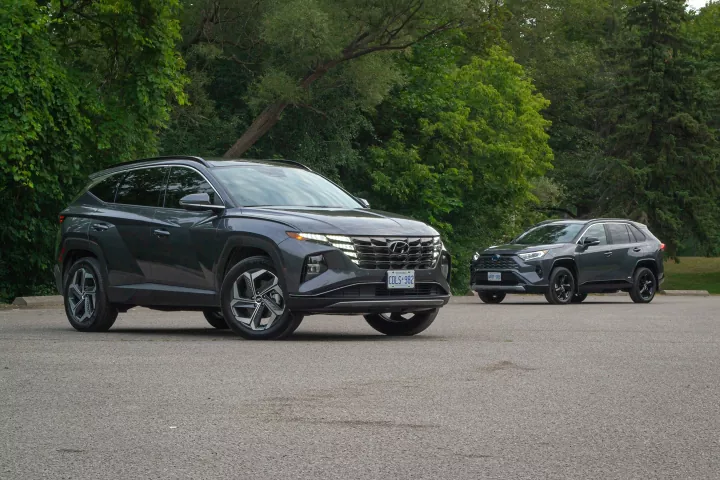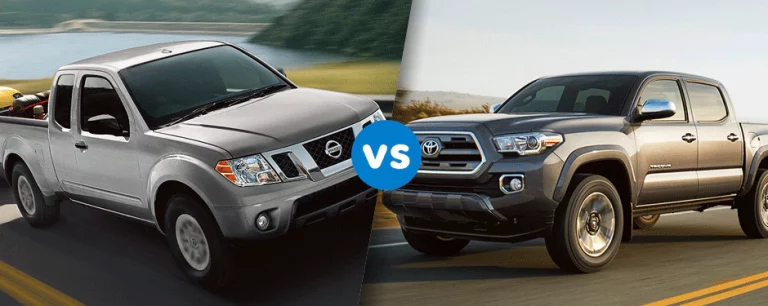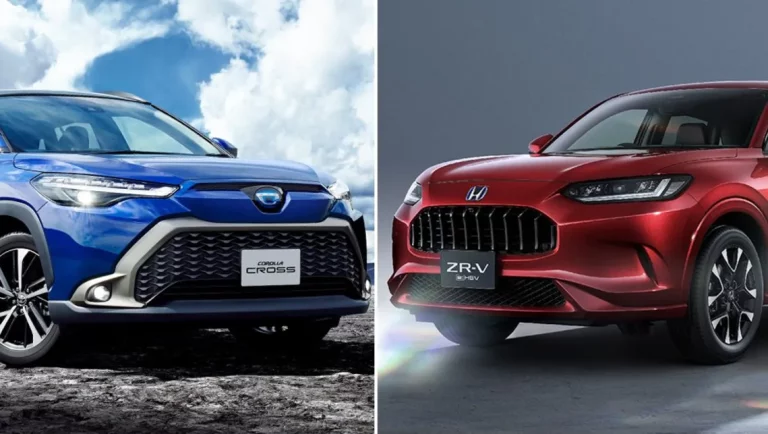
In the fiercely competitive compact car segment, the Nissan Sentra and Toyota Corolla have long been rivals, each offering their own unique set of features and qualities. As buyers seek a reliable and efficient vehicle that doesn't compromise on comfort and technology, these two models have emerged as top contenders.
While both cars have their own strengths and weaknesses, this showdown aims to provide a comprehensive analysis of their performance, features, fuel efficiency, safety, reliability, and overall value for money.
So, strap in and get ready to explore the battle between the Nissan Sentra and Toyota Corolla, as we delve into the details that set them apart.
Performance Comparison
In comparing the performance of the Nissan Sentra and the Toyota Corolla, both vehicles exhibit impressive capabilities and efficiency.
When it comes to engine power, the Nissan Sentra offers a 2.0-liter four-cylinder engine that produces 149 horsepower. On the other hand, the Toyota Corolla is equipped with a 1.8-liter four-cylinder engine that generates 139 horsepower. While the Sentra has a slight advantage in terms of power, it is important to note that both cars deliver adequate performance for daily commuting and highway driving.
In terms of handling capabilities, the Nissan Sentra and the Toyota Corolla excel in their own ways. The Sentra features a well-tuned suspension system that strikes a balance between comfort and sportiness. It offers responsive steering and minimal body roll, allowing for confident maneuvering around corners.
On the other hand, the Corolla is known for its smooth and comfortable ride. It provides a stable and composed driving experience, making it a great option for those seeking a more relaxed driving style.
Features and Technology
Both the Nissan Sentra and the Toyota Corolla offer a range of impressive features and advanced technology to enhance the driving experience. These compact cars come equipped with state-of-the-art infotainment systems and driver assistance features that cater to the needs of modern drivers.
Here are some notable features and technology offered by both the Nissan Sentra and the Toyota Corolla:
- Infotainment Systems: Both cars come with user-friendly infotainment systems that provide seamless connectivity and entertainment options. These systems often include touchscreen displays, smartphone integration, Bluetooth connectivity, and voice recognition.
- Driver Assistance: Both the Sentra and the Corolla offer a suite of driver assistance features to enhance safety and convenience. These may include adaptive cruise control, lane departure warning, forward collision warning, blind-spot monitoring, and rearview cameras.
- Advanced Safety: Both cars prioritize safety with features like anti-lock brakes, traction control, stability control, and multiple airbags.
- Comfort and Convenience: Both models offer comfortable seating, ample legroom, and convenient features such as keyless entry, push-button start, and automatic climate control.
- Audio Systems: Both the Sentra and the Corolla provide high-quality audio systems, allowing drivers and passengers to enjoy their favorite music with great clarity.
Fuel Efficiency and Eco-Friendliness
Fuel efficiency and eco-friendliness are important factors to consider when comparing the Nissan Sentra and the Toyota Corolla. Both compact sedans offer a range of options for environmentally conscious consumers.
While neither model offers hybrid or electric options as standard, both Nissan and Toyota have expanded their lineup to include hybrid models. The Toyota Corolla offers the Corolla Hybrid, which combines a gasoline engine with an electric motor for improved fuel efficiency. This hybrid variant boasts an impressive EPA-estimated 53 mpg in the city and 52 mpg on the highway.
On the other hand, the Nissan Sentra does not currently offer a hybrid option. However, Nissan has recently introduced the all-electric Nissan Leaf, which can be a viable choice for those looking for an eco-friendly vehicle.
When it comes to fuel efficiency, the Toyota Corolla stands out with its hybrid model. This option provides a significant improvement over the conventional gasoline-powered models. On the other hand, Nissan's focus on electric vehicles with the Leaf demonstrates their commitment to eco-friendliness, although it is not directly comparable to the Corolla's hybrid technology.
Safety and Reliability
Continuing our analysis of the Nissan Sentra and Toyota Corolla, we now turn our attention to the crucial aspects of safety and reliability. These are two factors that are of utmost importance to car buyers, as they directly impact the well-being of the driver and passengers, as well as the long-term value of the vehicle.
When it comes to crash test ratings, both the Nissan Sentra and Toyota Corolla have performed well, earning high scores in various safety tests conducted by reputable organizations. This gives consumers peace of mind knowing that these cars are designed to protect occupants in the event of a collision.
In terms of long-term durability, the Toyota Corolla has a strong reputation for reliability. It is known for its robust build quality and ability to withstand the test of time. On the other hand, the Nissan Sentra has also made significant strides in recent years, improving its overall reliability and longevity. With proper maintenance and care, both the Sentra and the Corolla have the potential to provide many years of trouble-free ownership.
To summarize, the Nissan Sentra and Toyota Corolla excel in terms of safety and reliability. Here are five key points to consider:
- Both cars have performed well in crash test ratings.
- The Toyota Corolla has a strong reputation for long-term durability.
- The Nissan Sentra has improved its reliability in recent years.
- Both cars offer peace of mind for owners in terms of safety and protection.
- With proper maintenance, both cars have the potential to provide many years of trouble-free ownership.
Value for Money
When considering the value for money, it is important to evaluate the overall cost of ownership and the features offered by the Nissan Sentra and Toyota Corolla. Both compact cars are known for their reliability and affordable pricing, but there are a few key differences to consider.
In terms of fuel economy, the Nissan Sentra offers impressive numbers. With its efficient engine and aerodynamic design, it delivers excellent fuel efficiency, making it an ideal choice for those looking to save on fuel costs. On the other hand, the Toyota Corolla also boasts good fuel economy, although it may not match the Sentra's numbers.
Resale value is another important factor to consider when assessing the value for money. Toyota has long been known for its strong resale value, and the Corolla is no exception. It retains its value well over time, making it a wise investment. While the Sentra also holds its value reasonably well, it may not match the Corolla in this aspect.
Ultimately, when it comes to value for money, both the Nissan Sentra and Toyota Corolla offer competitive options. The Sentra excels in fuel economy, while the Corolla shines in terms of resale value. It is important for buyers to consider their priorities and choose the one that best suits their needs and preferences.
Conclusion
In this compact car comparison, the Nissan Sentra and Toyota Corolla have been thoroughly examined across various aspects. Both cars offer decent performance, advanced features, commendable fuel efficiency, and reliable safety measures.
However, the ultimate decision boils down to individual preferences and priorities. While the Sentra may appeal to those seeking a slightly sportier drive, the Corolla excels in overall value for money.
Ultimately, the choice between these two vehicles rests on the buyer's specific needs and preferences.





